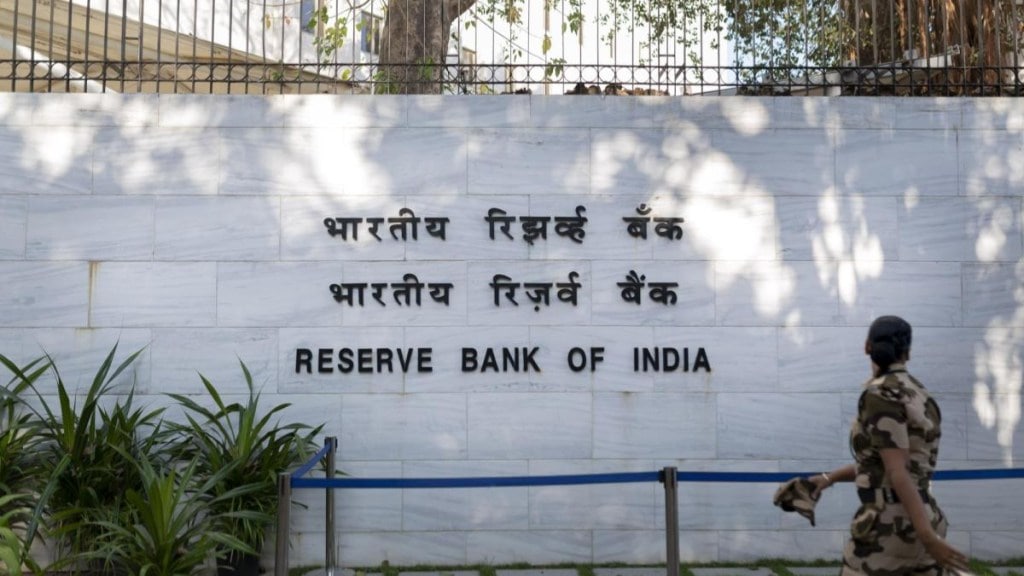Public sector banks have reduced parking government securities (G-Secs) under the held-to-maturity (HTM) category by more than 50% following a revision in the investment norms by the Reserve Bank of India (RBI).
The banking regulator’s guidelines, implemented from April 2024, mandate banks to classify their investments under HTM, available for sale (AFS) and fair value through profit and loss.
In the new order of things, banks would not find it profitable to hold a higher percentage of G-Secs under HTM because they can no longer shuffle their investments to the other two heads — AFS and fair value.
Said a dealer with a public sector bank, “Now, the RBI has allowed sale of only 5% of our holdings in the HTM. So, it does not make sense to hold a higher percentage of G-Sec in the HTM category.”
Another dealer said earlier it was easy to switch between heads, but now that option is totally out of picture, and this has definitely impacted trading incomes of banks.
Dealers also said banks have approached the RBI seeking permission to switch G-Sec holdings to other heads more aggressively. But till the regulations are eased, it makes sense to hold less percentage of G-Sec holdings under HTM.
On September 12, 2023, the RBI issued revised guidelines in the classification, valuation and operation of investment portfolios of commercial banks. The norms came into force on April 1, 2024.
Held for trading, which was a separate head earlier, is now a sub-category according to new norms.
Keeping securities under the HTM category means that banks have to hold them till maturity and to let go the mark-to-market gains, dealers said.
Before the new norms were introduced, banks had the option to make a profit from different portfolios, but now it has been restricted to just 5%, as banks would not be able to sell more than 5%, thereby, substantially affecting their profit margins.
The new norms have removed the 90-day ceiling on the holding period under held for trading (HFT), and banks are required to present more detailed disclosers on the investment portfolio.
Meanwhile, AFS includes securities that a bank may retain for long durations, but may sell. HFT is an investment tool that is bought with the intention to sell within a year.

